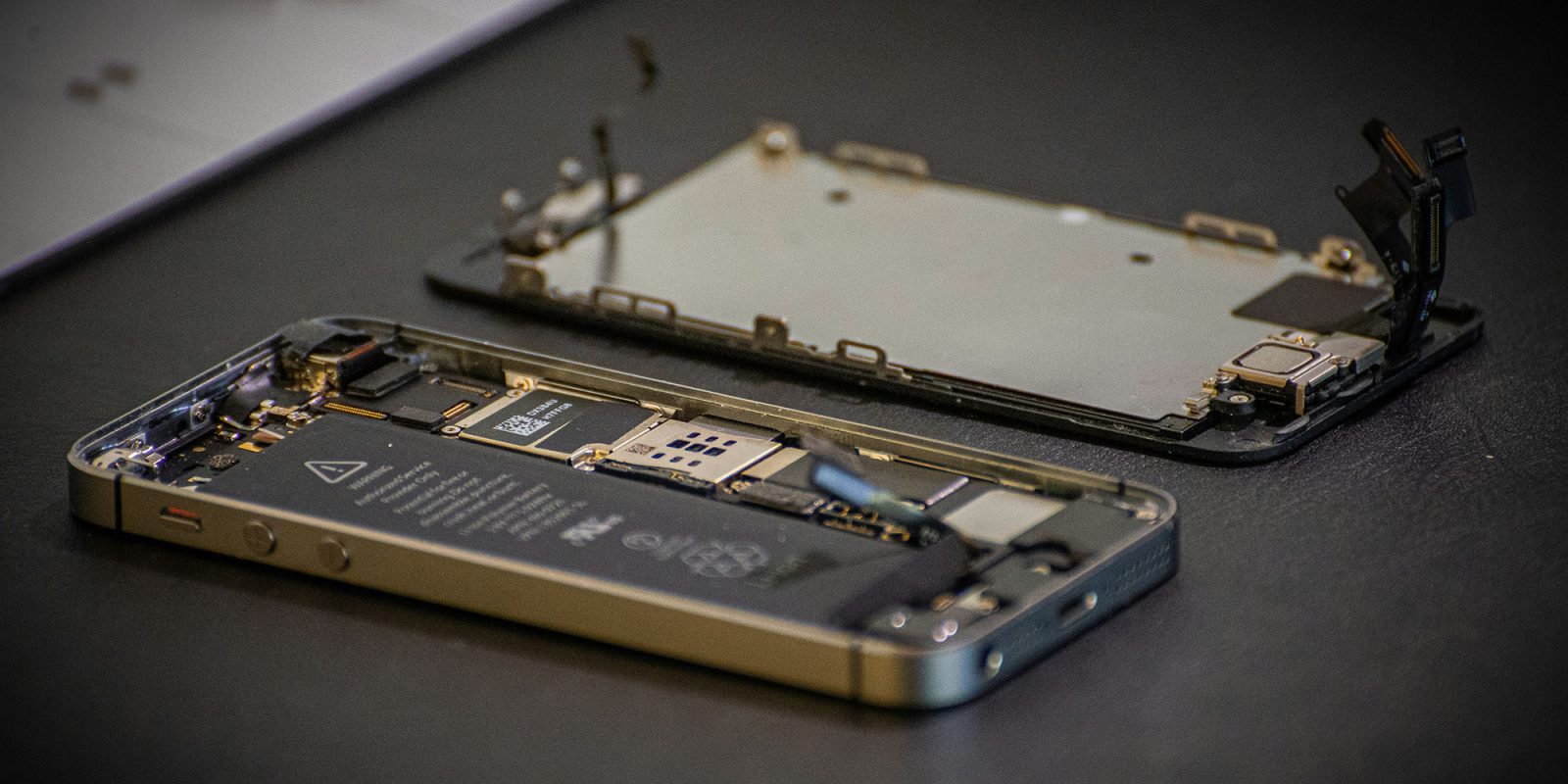
The practice of parts pairing – which can prevent third-party repair shops from cannibalising broken devices for parts – has been outlawed by Oregon, taking effect for any product made after January 1, 2025.
The legislature just passed the toughest right to repair law seen to date, and it now requires only the governor’s signature to pass into law. Update: Governor Tina Kotek has now signed, and the bill is now law.
Apple’s right to repair stance
Apple spent literally years fighting right-to-repair legislation, spending money to lobby against it at both state and federal levels, either trying to block it altogether or to weaken the legislation as much as possible.
The company made a U-turn back in 2021, with the launch of a Self Service Repair program back in 2021, initially in California, and now nationally. Alongside this, the company stopped opposing right-to-repair laws and instead started actively supporting them.
But there was one catch …
Parts pairing
Parts pairing is where the serial number of a component (like a screen) is digitally paired to the serial number of the iPhone itself. Even if you swap one genuine Apple component for another, the repair won’t fully work because the pairing won’t match. This can prevent repairs being carried out using cannibalised parts.
With the iPhone 13, for example, a screen-swap would cause Face ID to stop working. Back in 2022, iFixit downgraded its repairability rating of the iPhone 14 for this reason. Having to use new parts blessed by Apple can make many repairs uneconomic.
Apple has been addressing this to some degree, by enabling parts to be ‘blessed’ by Apple, but this legislation would remove the barrier altogether.
First right to repair legislation to outlaw parts pairing
Top comment by Eric
Doesn’t parts pairing make iPhones less attractive to thieves because they can’t sell stolen phones for parts?
The Verge reports on Oregon’s legislation.
Oregon’s landmark right-to-repair law is nearly here — today, SB 1596 passed the Oregon legislature, and is headed to Governor Tina Kotek’s desk to sign or veto within the next five days. It’s a big deal, because the Oregon law would be the first to ban “parts pairing,” a practice where companies can keep you from using components (sometimes even official ones) unless that company’s software is satisfied that they belong.
The parts paring ban will take effect for smartphones from 2025.
iFixit CEO Kyle Weins told The Verge that he is “beyond proud of my home state for passing the strongest-yet electronics Right to Repair bill.”
Photo by Joel Rohland on Unsplash
FTC: We use income earning auto affiliate links. More.






Comments